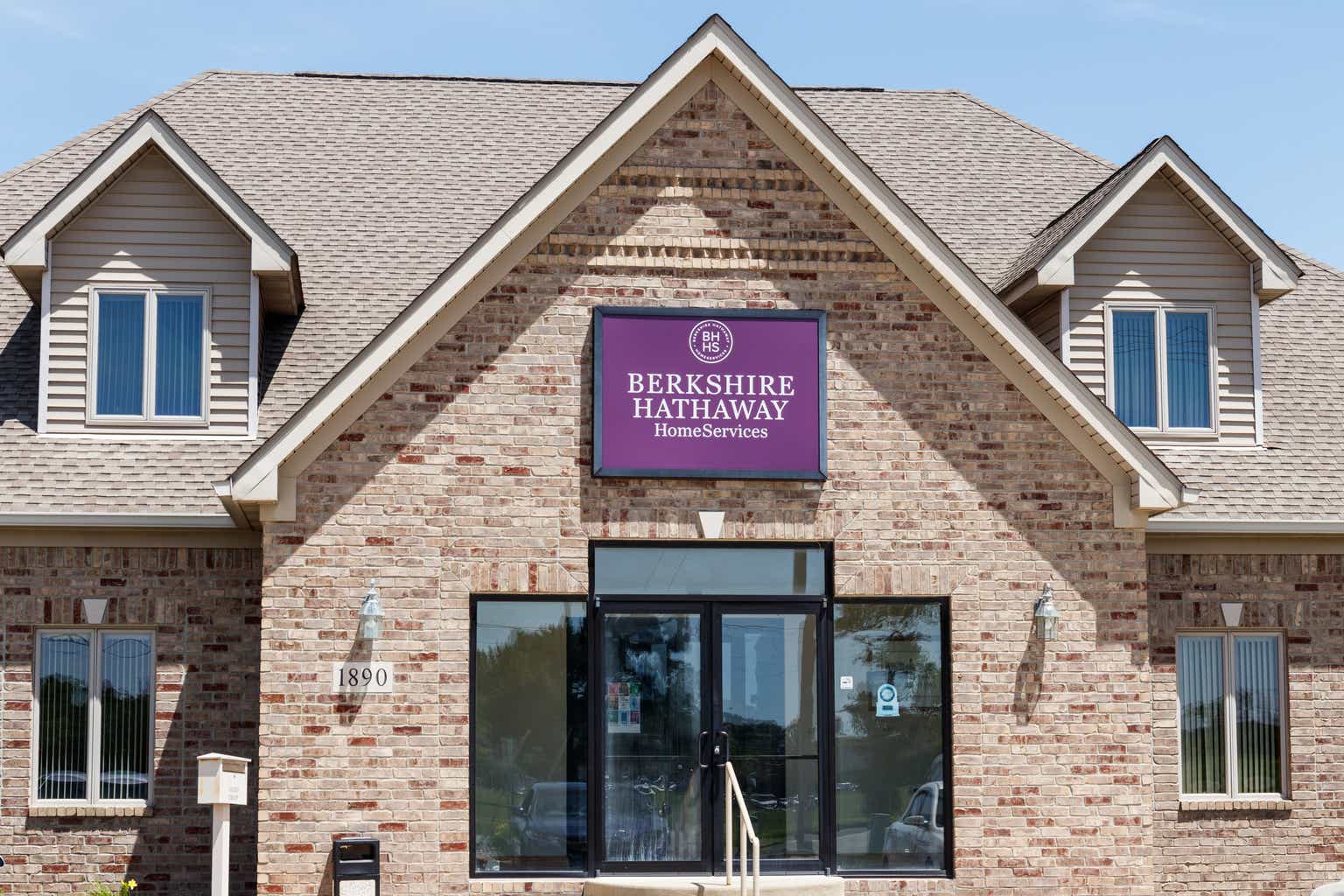A 70-year-old who got fit after retiring shares 3 tips for getting active
Celia Duff, 70, was always a casual exerciser but started doing intense fitness competitions three years ago.
Celia Duff
- Celia Duff, 70, started doing intense fitness competitions three years ago.
- She works out five to six days a week and does a combination of strength training and cardio.
- Duff's advice includes committing to being active three times a week.
Celia Duff has never exercised more or had more energy than she does now at the age of 70.
The retired doctor, who is based in the UK, had been a casual exerciser for most of her life. Then, at the age of 68, she found Hyrox, an indoor fitness competition that combines functional exercises such as pushing sleds and sandbag lunges with running eight kilometers.
Duff entered her first race at her daughter's suggestion in the summer of 2022 and started training for the gameday in October of that year.
"I started to look up what was really involved and realized that I'd have to take it quite seriously if I was going to survive and finish, let alone do any kind of time," Duff told Business Insider.
And finish she did, beating the world record for women in the age 65 to 69 category, before going on to break another world record in March 2024 for the 70 to 75 age group. Both records have since been broken, but Duff says she's pleased to see more older people competing in the sport.
Now, she works out five to six times a week to be able to compete in Hyrox competitions and "future-proof" her body. Each week Duff does a pilates class and a yoga class for flexibility and core strength, plus an Olympic weightlifting class and two strength and conditioning classes for building and maintaining muscle. She also runs three times a week, varying the length and intensity of the runs each time to build up her cardiovascular endurance.
She retired in 2017, but said her newfound love of fitness helped her gain more strength, resilience, and energy than ever.
Here are Duff's three tips for remaining healthy and active at 70 and beyond. Celia Duff
Do something active three times a week
Whether it's swimming, walking, cycling, or any other type of exercise, commit to doing something active that gets you a little out of breath three times a week, Duff said. "Don't leave it until it becomes really difficult to start exercising."
This will help build strength and fitness that will make daily tasks and activities easier. "Whether that's working in your garden, whether it's your housework, whether it's playing with your grandchildren, you'll have more energy," she said.
Spending just 3% of your day exercising — which is about 30 minutes out of a 16-hour day — can have huge longevity benefits, including preventing diseases such as type 2 diabetes and cancer, Nathan K. LeBrasseur, the director of the Robert and Arlene Kogod Center on Aging at the Mayo Clinic, previously told BI.
"I'm building my body, both my cardiovascular system and my muscles, so that I'm balanced, so that I don't fall over, and can live well for longer," Duff said.
Be part of a community
Through training for and competing in Hyrox races, Duff has made lots of new connections and feels she is part of a community. "My mental health is better because of the community and the friendship," she said.
Rose Anne Kenny, a professor of aging and the lead researcher on the Irish Longitudinal Study on Ageing at Trinity College Dublin, said having strong friendships is just as important for longevity as a healthy diet and getting enough exercise, BI previously reported. Celia Duff
Have something to work toward
Having a goal and a plan in place to reach it motivates Duff and fills her with energy.
She enjoys the structure and routine of her weekly workouts and likes to map out a game plan that she knows will help her achieve her goal. "It's about understanding what makes each of us individually tick. And for me it's about having a structure and a focus and a plan for that.
"Having something to work towards, it's fun. It's a challenge. Can I do this a little bit better? Can I do it a bit faster?" Duff said.
In Okinawa, Japan, where people have a 40% higher chance of reaching 100 than the rest of the country, it's common for centenarians to remind themselves of their ikigai, or life purpose, each morning.
What's Your Reaction?

































